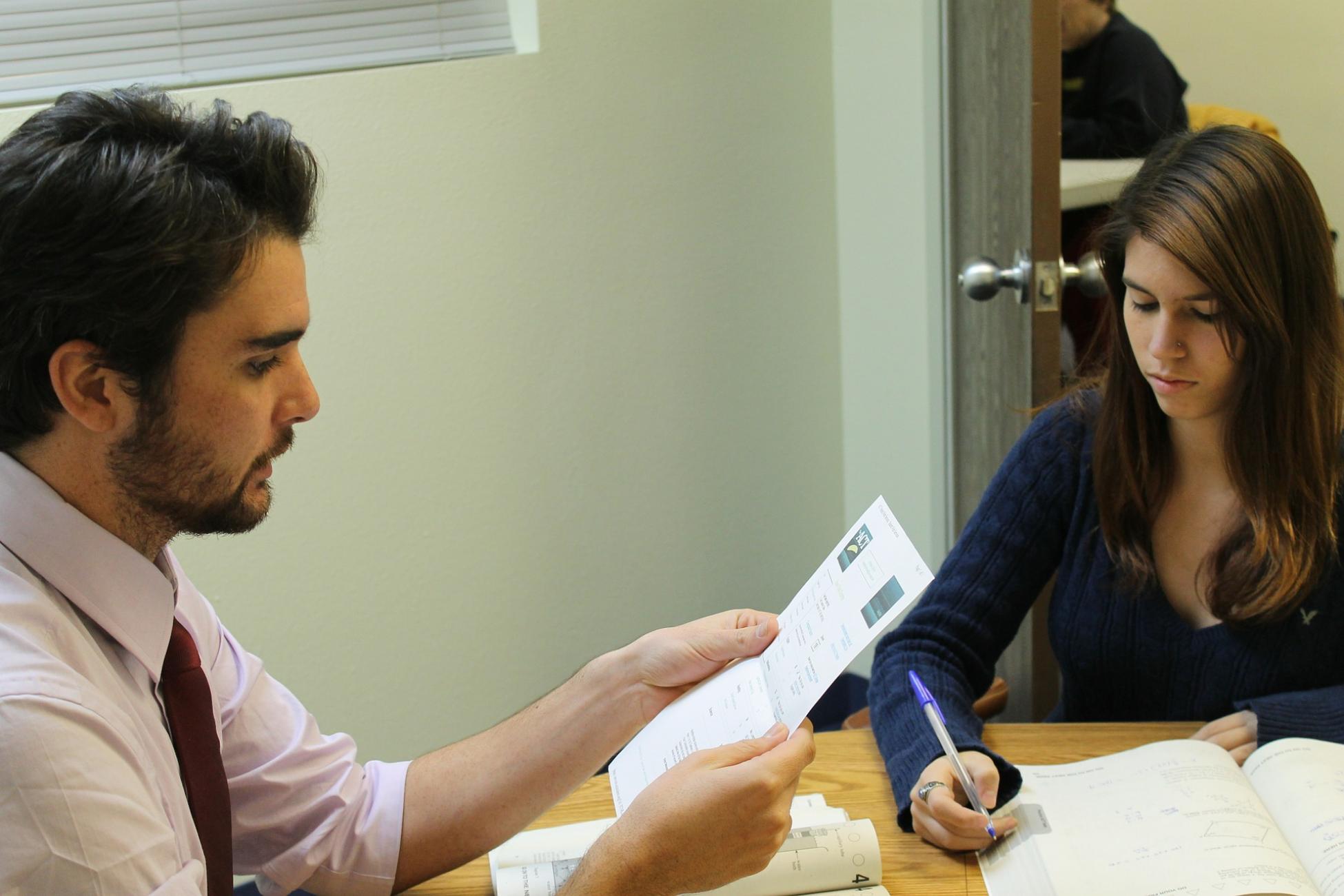I was skeptical from the moment I heard about the Auxiliar de Conversacion program. There I was, ready to start applying for English teaching jobs overseas, CELTA certification in-hand. Then, a friend tells me about her Spanish teaching program.
“Wait, you don’t have to have teaching experience?” I asked.
“No,” she responded.
“Okay, what certification do you need?”
“None.”
“Is Spanish required?”
“No, I barely speak any Spanish.”
“How much do you work?”
“12 hours.”
“Whoa, a day?”
“A week.”
“12 hours a week?”
“12 hours a week.”
“Jesus.”
“ I know.”
And after having completed two years in the program, I can attest to all of this. In fact, there are blogs aplenty, like this one, meant to shed light on what it’s really like to be a language assistant. So before you apply, I need to paint you a picture of the experience that isn’t quite as alluring.
If you don’t have patience, don’t apply.
I would argue patience is perhaps the single most important trait you’ll need to survive being a language assistant. Here’s what you can expect to wait for as an auxiliar:
• Payment: Don’t expect your payment (700 euros a month) to appear in your bank account on the first of the month, nor for there to be any pattern. I’ve worked in two different autonomous communities (think provinces/states) in Spain, and payday has been somewhere between the 1st and the 10th every month. Accept this, and plan accordingly.
• The application/renewal process: You need to accept, right here and now, that being an auxiliar means you will have to wade through a thick swamp of government bureaucracy. This will take, without exaggeration, months on end, and there will be surprises, and it will be extremely stressful. I warned you.
If you can’t be flexible, don’t apply.
Second to patience, flexibility is the next most important skill to develop before becoming an auxiliar. Here’s why:
You will be asked to do something last-minute. Hands-down, at some point, you’ll be yanked from your regular position to teach a class of drooling four-year-olds. Or, you’ll be thrust into a bachillerato class of 17-year-olds whose knowledge of English grammar and mechanics is far less rusty than yours. Be ready for it—you are the resident master of none.
Classes will be cancelled after you arrive at school. At some point, you’re going to arrive at school, and a teacher will tell you that you’re not needed that particular day. Just took an hour bus ride at 6:30 am to get there? Da igual. A loose schedule and lack of communication between you and the school comes with the territory. Know and accept this now, so you keep your cool when it happens to you.
You may not be placed where you want. If it’s your first year, you can select three regions of Spain in which you’d prefer to live, but there’s no guarantee. In my first year, I was placed in a region that wasn’t even on my list of three. Be ready to go wherever they need you.
If you expect any form of hand-holding, don’t apply.
Before taking the language assistant job, I looked at programs in other countries that help with housing, flights, orientation, training, etc. You will receive none of this. Here are a few moments when you might wish for a guiding light, but there won’t be one.
• Housing: It will be up to you to find a place to live, figure out the contract, deal with your landlord, and face any issues that arise throughout the year. You might receive, at most, links or a packet of papers with apartment-hunting tips from the local government, but that’s it.
• Spanish: They say you don’t need to know Spanish. You need to know Spanish. The entire application and renewal process is in Spanish, and I’ve yet to encounter someone at the Extranjeria (Foreigner’s Office) who will speak English. If you don’t know a word, you can stumble and fumble your way through it, but anticipate much awkwardness, stress, and disappointment. I knew a little upon arrival and it was still difficult.
• Banking: If setting up a bank account in a foreign country and new language seems daunting, you’re right, it is. But it’s required, and if you don’t set it up on time, you will cause a first payment delay for all auxiliares in your comunidad. Gather your courage, practice your lines in Spanish, and open the account. You don’t want to be that guy.
If you’re not willing to take a little risk, don’t apply.
The truth is, every aspect of the Auxiliar program is a crapshoot. And as certain as I am that you’ll experience all of the above, there’s always the chance you won’t. Maybe you’ll be given the perfect schedule with no commuting. Maybe you’ll be placed in the exact city you were hoping for. Maybe your school will ask you which age group you’d like to work with. There’s just no way to know.
But here’s the thing I’ve found about this program. Despite all of this, if you’re patient, flexible, bold, and up for anything, none of these problems will matter. You’ll have a job with (surprisingly) sufficient pay and a European visa. You’ll grow and challenge yourself like never before. You’ll make friends from all over the world. You’ll become quite enterprising and find ways to earn travel money. And after your first year is over, after all of the struggles and hassles, you’ll most likely sign up to do it all again, just like I did.
Add this article to your reading list




